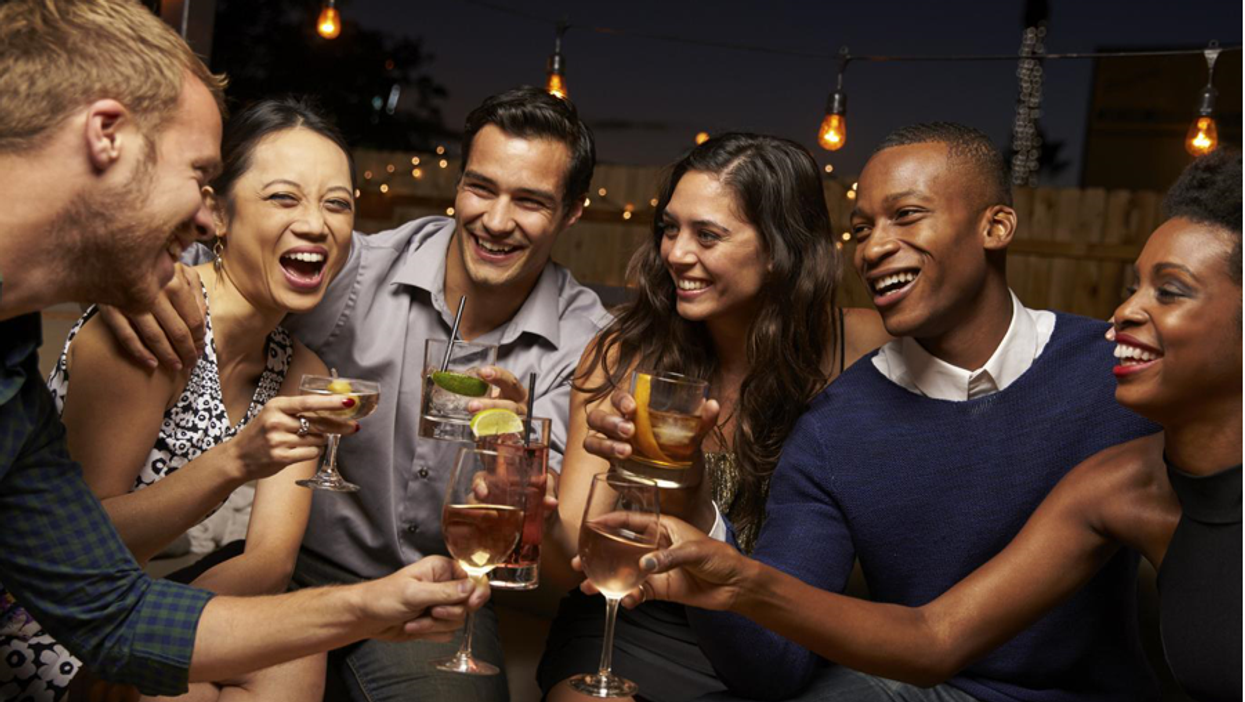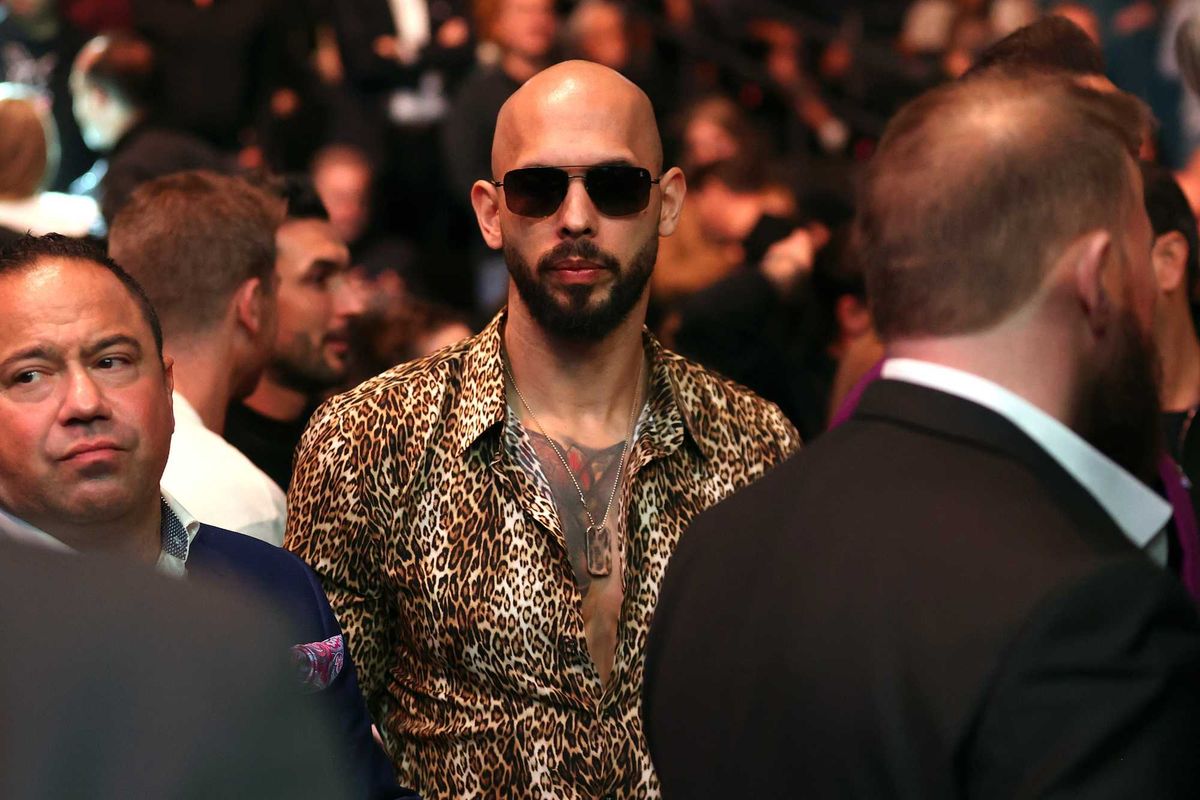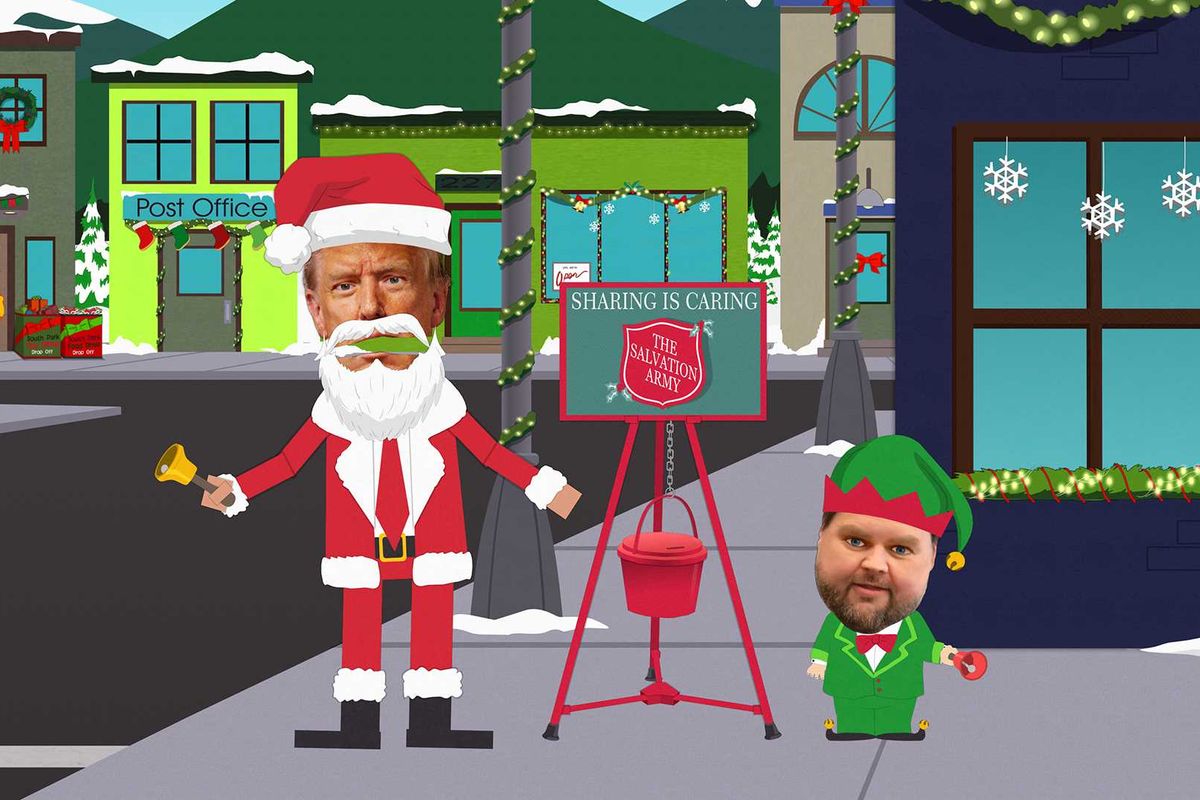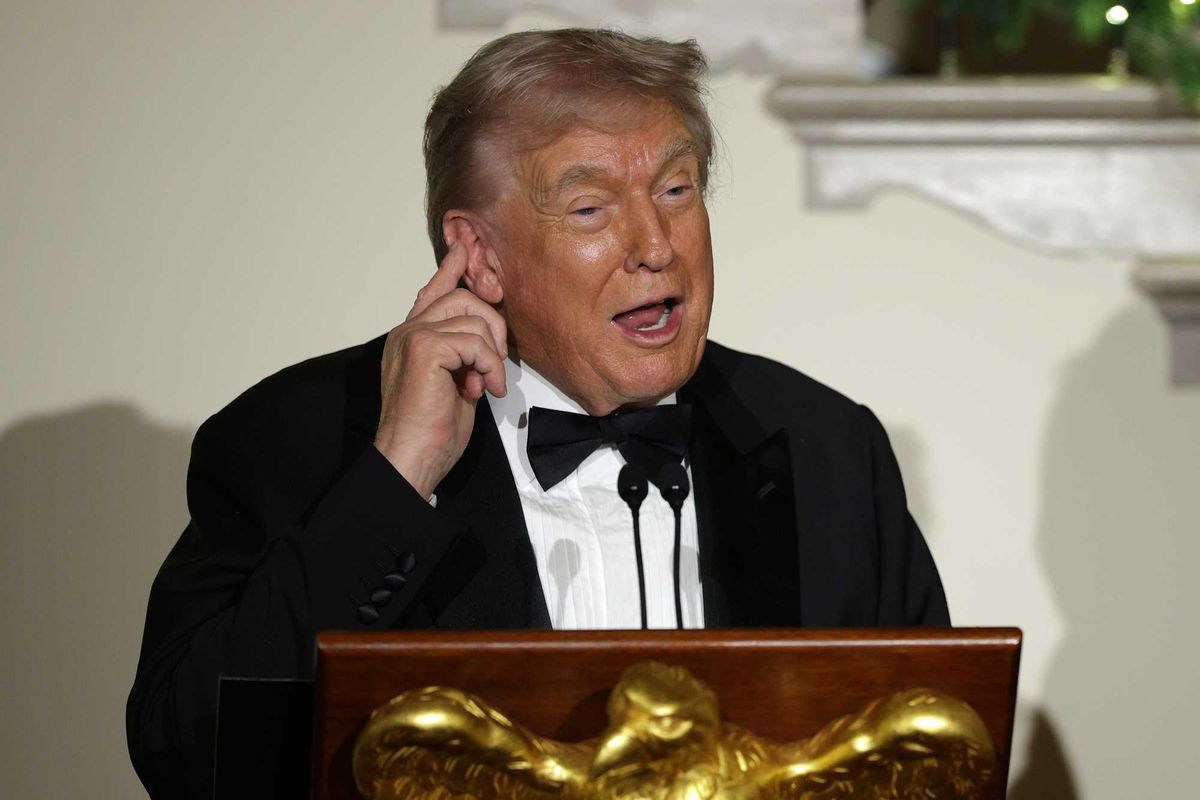News
Jessica Brown
Dec 26, 2016

Picture:
istock
Whether you're starting a new job, moving to a new city or your last friend with a Netflix account just cancelled their subscription, sometimes we need a shortcut to making new connections.
Luckily, one man seems to have the answers.
While doing research for his book, behavioural scientist Jon Levy made some interesting discoveries about friendships, and how to make them quickly. This is what he found:
1. Start with a litmus test
When meeting someone for the first time, Levy suggests finding out immediately if they're honest, friendly and selfless. First, ask people how much they think the average employee steal from a cash register in a year. Dishonest people are likely to give a higher number, because we assume others are like ourselves. Then, ask them to draw the letter E on their foreheads. Self-centred people are more likely to draw the letter facing themselves if they're more self-centred.
2. Ask for favours
Research suggests we can gain the trust of others quickly by asking small favours, working up to bigger ones. Levy writes for Science of Us:
Start by asking them for the time or to take a photo and build the requests and relationship from there. This doesn’t mean trying to con people or becoming overly needy, mind you. Relationships are a give and take, so reciprocity is critical. Begin by asking an acquaintance for coffee to learn about their industry, and then ask them for a few introductions, but find a way to provide them value in return.
3. Keep it familiar
We're attracted to familiarity, Levy writes, so find common ground with people:
We quickly connect with people of the same school, organisation, religion, etc. If you have differing backgrounds, bond over a shared activity. Whether that’s sweating together at a gym or working together at an office, by having a shared goal you create faster relationships.
4. Have fun
If you spend time with someone doing something fun, they're more likely to think you're fun. Levy writes:
You may seem funnier by taking a date to a comedy club or more attractive by participating in daring activities. Technically, it’s what’s known as misattribution of arousal, which isn’t necessarily sexual arousal, per se, but physical arousal of the heart rate, adrenal gland, and hormones.
5. All's well that ends well
If a friend date hasn't gone too well, Levy advises making sure it ends on a high:
We remember peaks of experiences and how they end. If you drag out your experiences, the momentum and enjoyment will fall. They will end on a lower note, and people will remember you less fondly.
And how can we know to trust this advice? Levy says that he tried and tested these methods, and he "built enough trust with a duty-free cashier in the Stockholm airport that she left her job to travel with me and my entire family (all 13 of us) for a week".
More: The best and worst countries in the world for making friends
Top 100
The Conversation (0)













